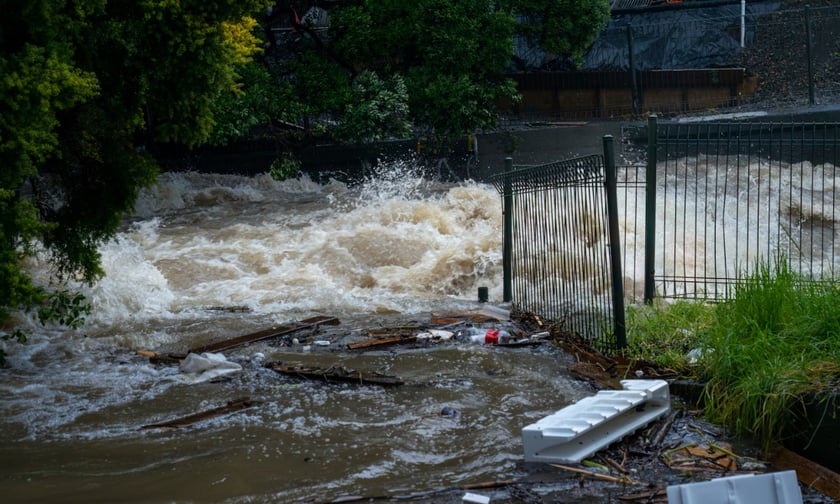

Southland's regional council has highlighted the urgent need for additional funding to enhance flood protections amid challenges posed by ageing infrastructure and increasingly frequent extreme weather events.
The call for more resources coincides with the 40th anniversary of the 1984 Southland floods, a significant natural disaster in the region's history. These floods resulted in the displacement of thousands, rendering 1,200 homes uninhabitable and leading to the loss of over 12,000 livestock. Invercargill was notably isolated during this period, with some residents unable to return home for over a week due to the floodwaters. The state of emergency, lasting until late February, culminated in insurance claims amounting to approximately $55 million.
In a report from RNZ, Environment Southland acknowledged the 1984 floods as a turning point that spurred substantial improvements in flood protection measures. However, the council noted that further investments are crucial now and in the future. Much of the existing flood protection infrastructure, some of which is over 30 years old, is increasingly strained by more severe weather patterns.
Current projects include work on the Waihōpai River stop banks, addressing rising sea levels in the Kōreti New River Estuary, and nearing completion in Wyndham and Mataura. Nicol Horrell, chairman of Environment Southland, referred to the floods last September as a stark reminder of the importance of continuous investment in the region's flood protection network.
The council is engaged in government co-funded climate resilience projects aimed at upgrading parts of the flood protection network. These efforts are designed to bolster the resilience of towns in the region against the impacts of climate change. A 30-year infrastructure strategy is among the various projects intended to improve resilience.
Soon, residents can voice their opinions on future funding allocations during the council's long-term plan consultation.
Emergency Management Southland emphasised that flooding remains one of the most common natural hazards in Murihiku Southland. The organisation encourages residents to stay informed about high river watch and flood warning alerts through the Antenno app. Additionally, the council's website offers a natural hazards portal, enabling residents to assess flood risks in their localities.
What are your thoughts on this story? Please feel free to share your comments below.
